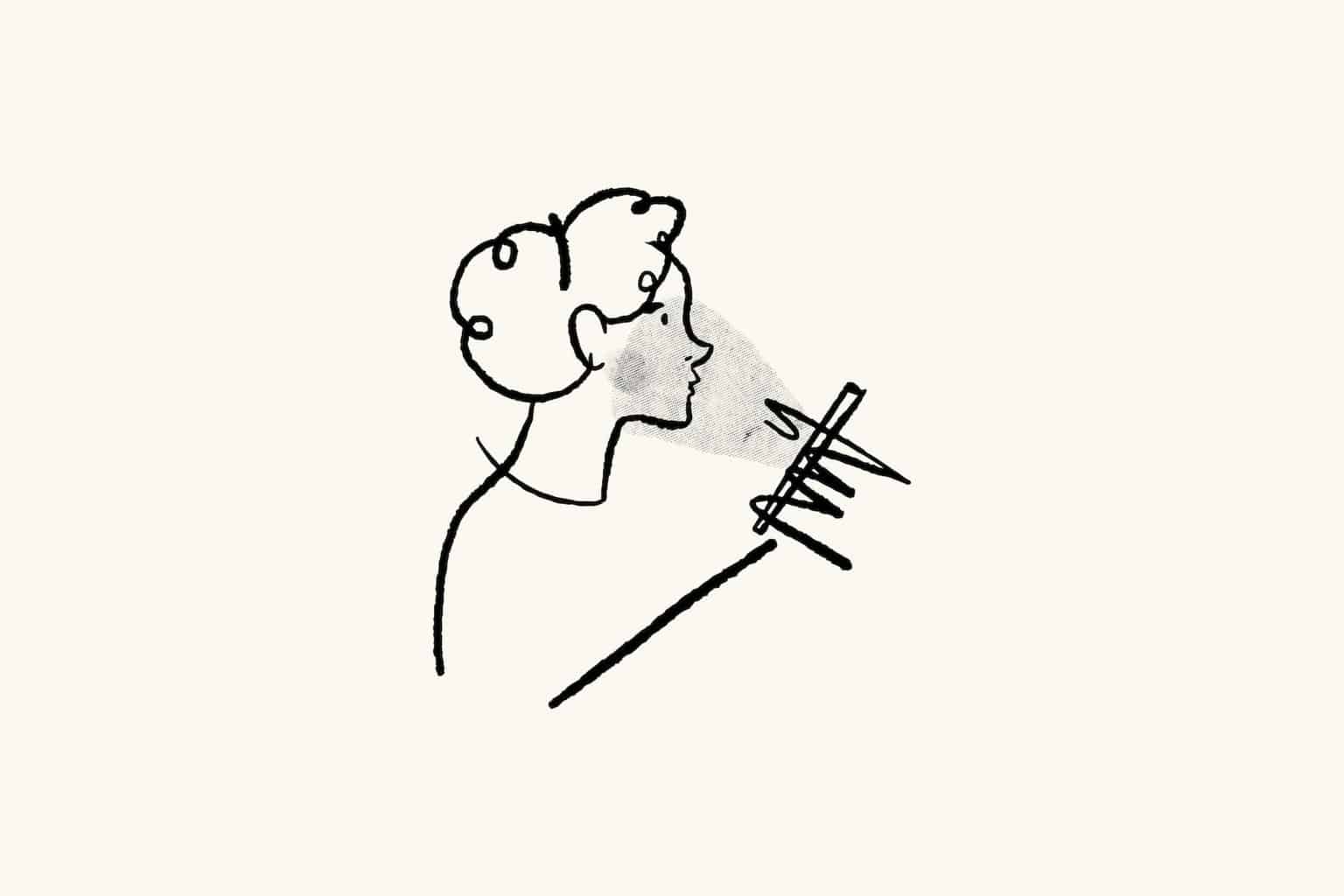Peter Lockhart is a law student at Queens
A term which has recently entered common parlance is ‘rage farming’ – broadly defined as a manipulative tactic by bloggers or journalists to elicit outrage with the goal of increasing internet traffic, online engagement, revenue and support. Originating in the US, once one recognises this tactic, it becomes difficult to ignore its prevalence. Imagine that one individual who, when they appear on your timeline or tv screen, creates an instantaneous feeling of deep, unbridled anger. It seems this reaction is not just unproblematic for such individuals but eminently desirable.
One of the great abundances created by the internet is outrage. Twitter in particular, is disconcertingly precise at producing seemingly trivial, yet very real, anger. Perhaps the most potent characteristic of this emotional manipulation is that it compels us to respond to the source of the anger. To inform users about precisely why they are wrong, and how terrible they are for espousing whatever opinion we happen to disagree with.
Regrettably, where there is an abundance created by the internet, there is an opportunity to harness it for personal gain (influencers are a good example in how they monetise attention, another great abundance of the internet).
This brings us to the rage farmers, those who spout knowingly inflammatory opinions in order to boost engagement and, in turn, their own profiles. Their prevalence has become easier to measure – a recent modification to Twitter, which allows users to see how many views their tweet garners, has provided a more accurate metric than retweets and likes when seeking to understand which kinds of opinions are rewarded with exposure and which are not. Controversy, it seems, is the primary driver of engagement, not ingenuity or empathy etc.
The unfortunately simplistic calculation is thus: regardless of social stigma, more engagement means more reward. Or, in more complete terms: more engagement means more followers; more followers mean more influence; and more influence means more opportunities for monetisation and expansion. The follower count on Twitter has no caveat based on the moral deservedness of the user – 100k followers is the same if it was accrued through humanitarian work or through the promotion of conspiracy theories.
The rhetoric of the rage farmer drives polarisation, decreases empathy and fundamentally, makes us less content. The psychological literature blames the rise of such a phenomenon on primitive aspects of our psychology, specifically around tribal prejudice and in-group v out-group perceptions.
Take the Northern Ireland ‘Twittersphere’ as an example. By occupying the usual cultural battlegrounds like climate, race, gender and Brexit, then applying the traditional unionist and nationalist framework, local rage farmers can find it easy to stir up outrage based on tribal sentiments.
Being able to seamlessly oscillate between the pros and cons of the Scottish Gender Recognition Bill, the issues with current immigration policy (in both Westminster and Dublin) and whether or not the protocol really does sound the death toll for the union, has enabled a proliferation of anger built upon old tensions, then amplified by new ones.
As a result, we often feel like we want to fight all these arguments, all at once. Alas, such a feeling is the currency of the rage farmer. If people are kept angry, it will keep them engaged with staggering reliability. The more engagement the rage farmer creates, the bigger their profile, the further they can spread their agenda and thus the vicious cycle continues.
This sounds relatively intractable, but there are pockets of hope springing up amidst the fury. Jonathan Haidt, the American social psychologist, said in a recent podcast appearance that when faced with high levels of societal polarisation, we need to figure out that, “the harder we punch the ‘enemy’, the stronger they get. So, the solution is not to punch them really hard.”
Counter-intuitive though this may seem, we must remember there are no combatants in a culture war. We don’t fight them. By engaging with the rage farmers, we merely add fuel to the fire of polarisation. The louder we shout, the less likely we are to be listened to. It is time to stop shouting.
This is a guest slot to give a platform for new writers either as a one off, or a prelude to becoming part of the regular Slugger team.
Discover more from Slugger O'Toole
Subscribe to get the latest posts to your email.
